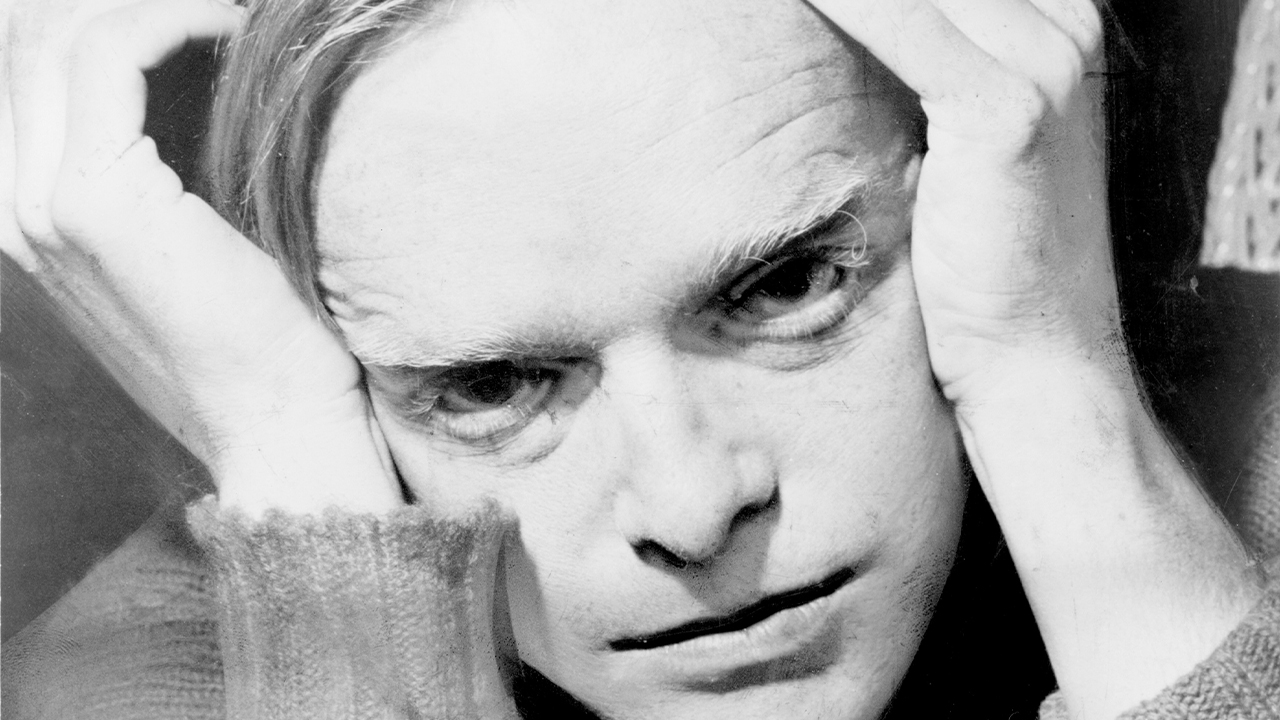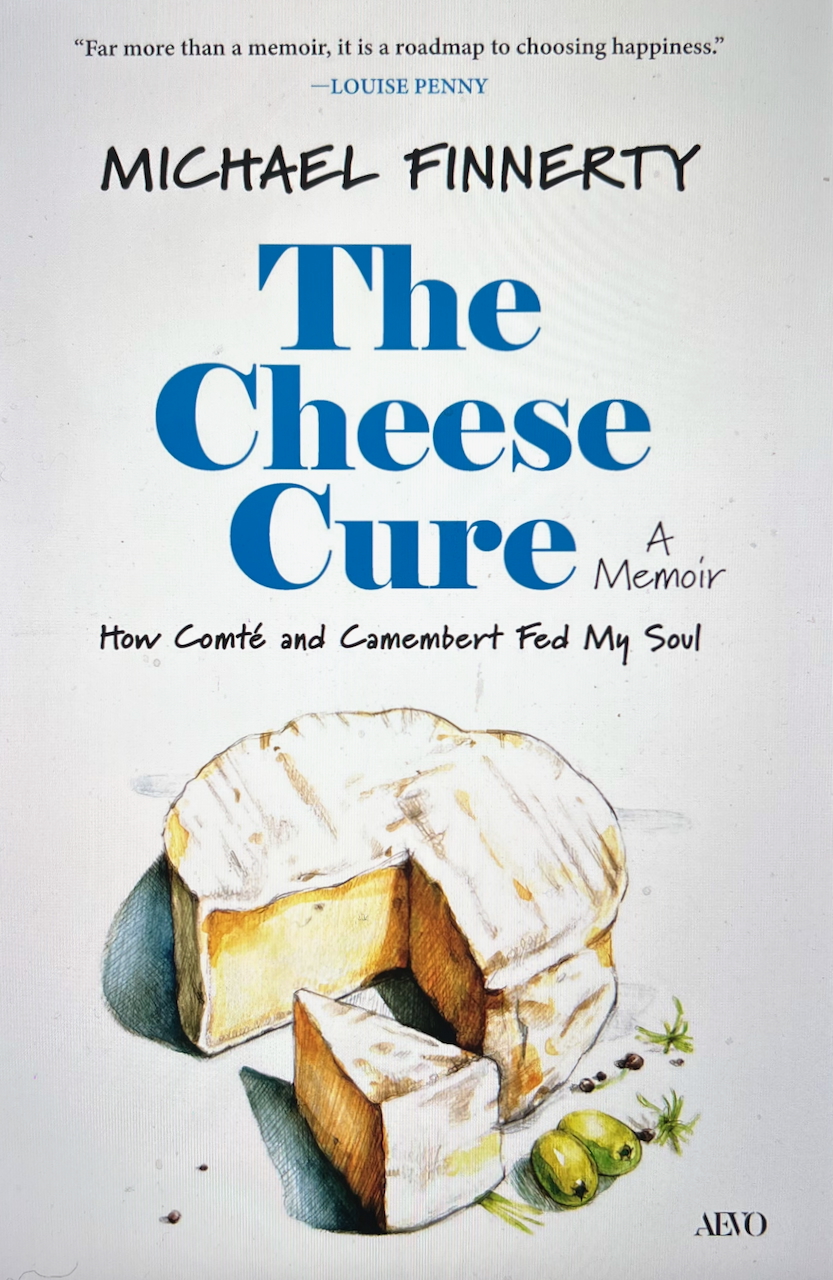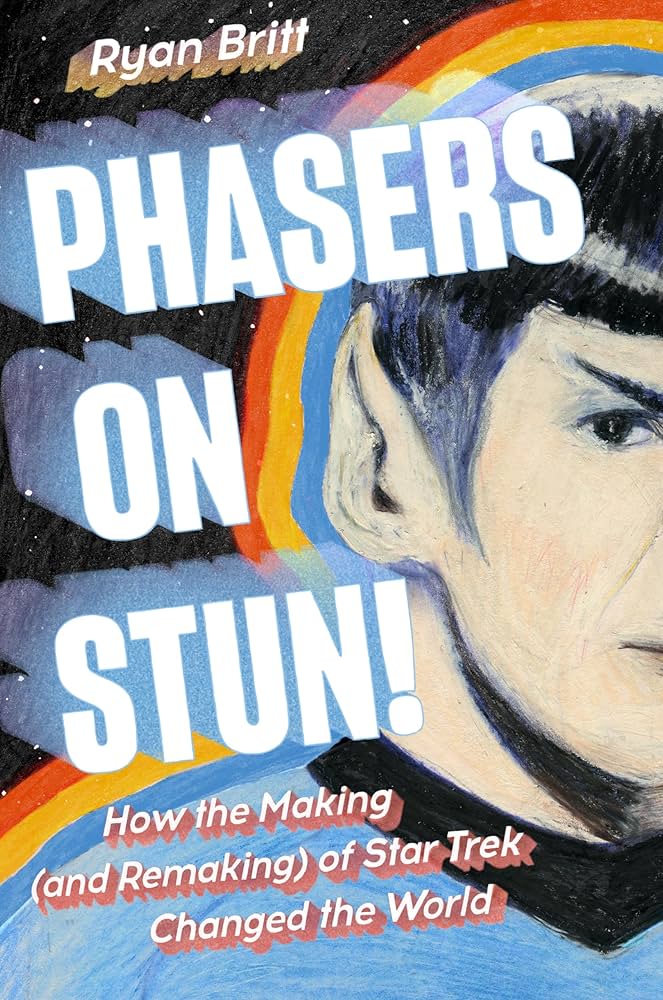Abracadabra! The Magic of Words
September 20, 2023

Bunnies from a black silk tophat! Doves looping through swirls of chiffon! Abracadabra is our word for magic. But there is an even lovelier etymology floating through the cultural landscape: abracadabra as a softening of ebra kedabra, meaning to speak something into existence.
Which is quite a trick.
Words have always made things happen, though. “In the beginning was the Word,” synonymous with the Christian God believed to speak the universe into existence. Our clumps of alphabet seem gray and passive, yet they name us, pronounce us married, hire us or fire us, pronounce us dead. In today’s politics, words have come to matter almost too much. Ignoring intent and context, people pounce on any sentence they find objectionable, holding it aloft like an enemy’s sliced-off head with the blood still dripping. This is supposed to move us forward.
“Abracadabra!” can be said with sarcasm, when the solution for a complex problem is far too simple.
Another phrase that has slid into the occult is “hocus pocus,” from the Latin hoc est corpus meum. Those are the words a Catholic priest once murmured at the Eucharist. Today he simply translates: “This is my body.” Who could out-magick* Christ, who in just four words turned his flesh into bread, his blood into wine?
We forget to ask what our own words are bringing into existence. This is why it saddens me—when it should only make me curious—to see so many people trying to debunk the meme. Historian Geoffrey Sea, for example, writes that “‘abracadabra’ is not a standard word from any language but is a magical incantation based on the kabbalistic tradition.” The word includes the first four letters of the Hebrew alphabet, sister to Aramaic, he points out. “It’s kind of a letter game.”
Others agree but point to the first four letters of the unrelated Greek language, alpha-beta-gamma-delta. Still others suggest a connection to the Latin abecedarius, “of or according to the alphabet.” A 1922 article in Occult Review acknowledges the Aramaic sentence but translates it more ominously: “Fade away as this word is fading.” J.K. Rowling adapts an even darker translation: Avada kedavra, “May the thing be destroyed.”
I recoil, then realize: destruction is always the flip side of creation. Though we are bad at holding opposites in tension, they refuse to be parted. Another example: some say Abracadabra was the name of a powerful demon, the Greeks’ Abraxas. In an echo of Christianity’s creation story, Abraxas can either mean “hallowed word” or “god above all gods.” But because we sometimes twist a word into its opposite on purpose, Abraxas also carries the later Catholic interpretation: a demon with snakes for feet.
That demon has since been summoned to millions of Las Vegas stages, which could explain a lot.
All of this is folk etymology. What we do know is that the word was first used in the second century—at least, as far as the writers of the Oxford English Dictionary can tell. Serenus Sammonicus, physician to the Roman emperor Caracalla, prescribed amulets engraved with the letters of abracadabra in the shape of an inverted triangle. If you had no magic stone, you could write the letters on a piece of papyrus, fold it in the form of a cross and hang it around your neck, wearing it for nine days before casting it, before sunrise, into a stream that ran eastward. Malaria and other lethal diseases would then leave your body unscathed.
Fourteen centuries later, Londoners were writing abracadabra on their doorways to ward off plague. Puritan minister Increase Mather brushed the word aside, insisting that it had no power. But in 1900, occultist and ceremonial magician Aleister Crowley used kabbalistic methods (and a bit of woowoo) to come up with the variation abrahadabra, a magical formula for the new age.
My favorite assertion in this word chase is that abracadabra is “a Persian-Chaldee (Imperial/Official) Aramaic fusion with the Persian word coming from some more Aramaic read backwards.” The notion is raised and promptly debunked by the writer, a student of Aramaic. He goes on to quote a 1906 encyclopedia that leaves me even more confused: “The Persian sun-god was seen in the letters Abrasas, representing in numbers 365—the days of the solar year. This word, placed on an amulet or seal, exorcised evil spirits, and was explained by Semites as meaning Abra-Sheda-bara, ‘go out bad spirit out [sic]’ [or perhaps better, Abrak ha ash, ‘I bless the man.’]”
Addled by all the possibilities, I check with Pamela Barmash, a Wash.U. professor who studied (at Yale, Harvard, and rabbinical college) language, literature, and religion in the ancient Near East.
“It is true,” she replies, “that ‘ebra kedabra’ means ‘I (will) create as (I) am speaking’ or ‘I (will) create according to the matter/word.’ This Aramaic sentence might be the source for abracadabra, especially since Jewish magicians were sought after for incantations, which they recited in Aramaic.”
On the other hand, she continues, it is just as likely “that abracadabra is just a meaningless nonsense word.”
It certainly has a tingly, percussive set of syllables, buying a conjurer enough time for a trick. It also has at least a million origin stories; ancient tongues are slippery. But can any word be meaningless nonsense if it is used for an understood purpose? We give language its sense—and its power over us. The magic is whatever we speak into being.
* Aleister Crowley’s spelling. In his brand of paganism, ‘magick’ was the ritualization of one’s spiritual intentions.
Read more by Jeannette Cooperman here.







